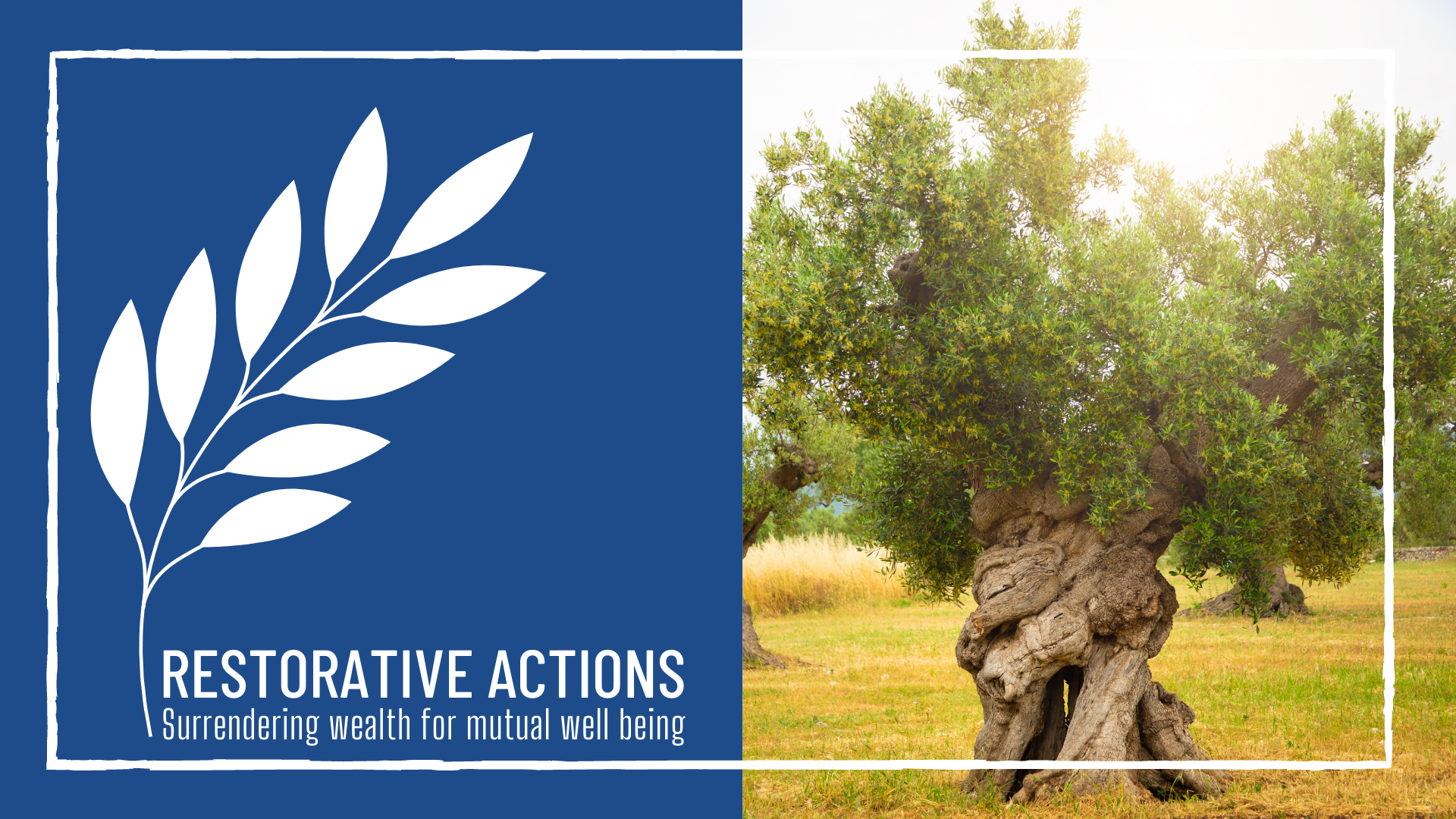Believe it or not, God’s people often resort to name-calling and wall-building
December 31, 2021

Bryan Delgado via Unsplash
If you think churches are divided today, reread Ephesians 2:11–22.
That, said the Rev. Samuel Son during the Synod of Lakes and Prairies’ Synod School worship, is the place Paul reminded believers they once reverted to childish name-calling: “The Uncircumcision” and “The Circumcision.”
“’The Uncircumcision’ certainly didn’t define themselves that way. ‘The Circumcision’ created the category, and that name-calling became their essential definition,” said Son, Manager for Diversity and Reconciliation in the Presbyterian Mission Agency. “It’s like what happens on the playground.”
The trouble with name-calling is that it creates artificial barriers that are barriers, nonetheless. In the United States, white people historically used the court system to determine that a person with at least one Black ancestor was considered Black. “It is self-justification,” Son said. “Once you start using racial slurs, you are given emotional liberty to judge others and to impute moral judgment on them.”
In this pericope, Paul employs temple imagery: “In [Jesus] the whole structure is joined together and grows into a holy temple in the Lord; in whom you also are built together spiritually into a dwelling place for God.”
But consider Herod’s Temple, Son said, displaying an illustration of how scholars believe the temple was laid out. Those who are uncircumcised can only go so far, Son pointed out. There are areas for gentiles and women, and for the priests, of course.
“Paul uses temple imagery because back then, the name-calling, strengthened through laws, was rounded out by theology,” Son said. The implicit message to those being oppressed was, “This is God’s design.”
In this country, Jim Crow laws “were all about that,” Son said, with such features as separate drinking fountains relegated for whites and Blacks. “We use laws and structures,” Son said, “to make our name-calling into reality.”
Here’s the good news, according to Paul: Jesus came to dismantle those walls.
“How did he do that?” Son wondered. “The cross was supposed to be the judgment of God. ‘He is a false messiah, cursed by God, thrown out of the temple and Jerusalem and nailed to the cross.’ That should be the end of it.”
But instead, “Jesus rose from the dead. He is the blessed one, the chosen one, the Messiah. His death and resurrection exposed the fallacies of name-calling.”
Herod’s Temple “is not God’s design,” Son said. “The new temple is for all of us. We are the temple of God.”
One day a church member told Son about her plan to begin the transition to becoming a man. She asked her pastor, “Can you accept me?”
“I said yes without thinking about it, but I was wrestling with it, to be very honest,” Son said. The woman said she’d have her parents call Son.
Her mother did indeed call. She was crying because “she felt like her daughter was doing something God might not be pleased with,” Son said. “Please have a fuller conversation with her,” the mother implored Son. “Maybe there’s something going on we can’t see.”
Son did, and the woman told him that when she was young, “I always knew I was a boy,” Son said. “Are there other things?” Son asked her, which “really hurt. Later I apologized.”
As she transitioned, she informed the church she “was no longer Natalie. I am Nate. Will you call me Nate?” The session met and accepted the name, but “still wasn’t sure about pronouns,” Son said. One ruling elder suggested calling Nate by his Korean name, which is gender neutral. “It seemed like a good down-the-middle compromise,” Son said.
Son later spoke to Nate’s mother and told her about the session’s idea.
“Please don’t do that. Please just call him Nate,” the mother replied. “He was still her child, and he needed a church who would call him by the name he wants to be called.”
“All these divisions, all this name-calling — God says, ‘No. No!’ We are all the people of God. What your name is is your name.”
“God says you are my temple, where the glory of God dwells. Amen.”
Mike Ferguson, Editor, Presbyterian News Service
Let us join in prayer for:
PC(USA) Agencies’ Staff
Theresa Goodlin, Team Leader, Raiser’s Edge Gift & Data Entry, Presbyterian Mission Agency
Catherine Gordon, Representative for International Issues, Office of Public Witness, Presbyterian Mission Agency
Let us pray
Holy God, keep the eyes of your faithful always looking for those in need, and make our hands willing to serve, so that others may glimpse your kingdom until it comes in fullness. Amen.

No comments:
Post a Comment